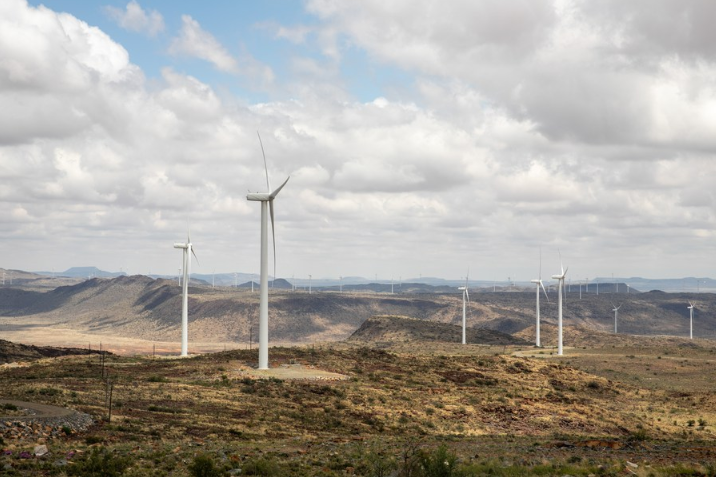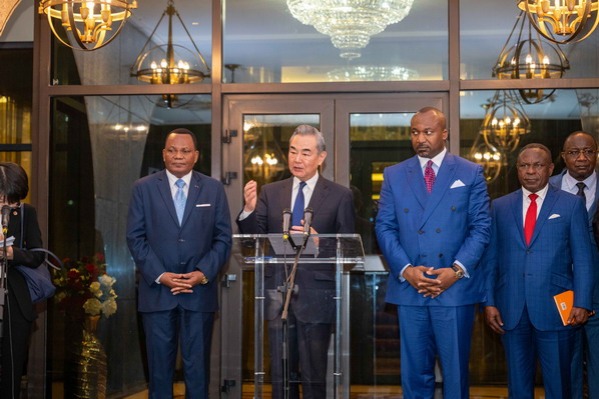Is Crispr-Cas9 gene-editing therapy morphing into a 'Sputnik 2.0' race?

The Wall Street Journal reports that China has jumped ahead in the race to apply gene-editing therapy to human illness.
At least 86 cancer and HIV patients in China have had their cells genetically engineered with Crispr-Cas9 technology since 2015 - "at least" because the data is based on the website ClinicalTrials.gov and "may not be comprehensive," the Journal says. So there may be even more.
"China shouldn't have been the first one to do it," said Dr Wu Shixiu, an oncologist and president of Hangzhou Cancer Hospital where several of the patients are being treated.
"But there are fewer restrictions." It does seem fair that Crispr- Cas9, being largely a US-developed tool, should first be tried on humans in the US, but the hoops and red tape of the review process by the Food and Drug Administration (FDA) have delayed the most promising experiment - a team led by Dr Carl June at the University of Pennsylvania - for two years.
Wu's proposal - to extract cancer-fighting cells from cancer patients, tweaking them with Crispr and then reinjecting them - was reviewed by a nine-member committee appointed by his hospital (doctors, a lawyer and a former cancer patient). The seven committee members who showed up for the review leafed through a 100-page proposal and watched a power point presentation.
The former cancer patient on the committee said the proposal was too much to read and asked about the possible side effects of the therapy. Mild, she was told.
The obstacle course that June at Penn has had to negotiate has been a bit more rigorous. First an assessment from the National Institutes of Health advisory committee, which gave the green light in 2016, as long as they also got the nod from the FDA.
Discussions with the FDA then went on for a year, providing follow up information and answering questions back and forth - did the Crispr tool make any unintended cuts in cells? Penn's ethics review was already complete and as of now, the Penn team is awaiting the final okay from the FDA.
But even then, when the Penn team begins enrolling patients they must use consent forms that must also be approved by the FDA.
"We want to make sure everyone knows this is an experiment and not a cure," Laurie Zoloth, dean of the University of Chicago Divinity School and a bioethicist on the NIH committee told the Journal. "Experiments can fail, and in ways that can be terrible."
Wu's consent letters barely mention gene-editing and he tells his patients they aim to modify their immune system, the Journal reports.
The long-running concern among scientists is that gene editing could trigger an unwanted autoimmune response that could be severe and difficult to reverse.
The Penn trial will involve removing T (immune) cells from 18 patients with several types of cancer - myeloma, sarcoma and melanoma - editing the cells outside of the body to make them better able to locate and attack tumors and then injecting them back into the patient. This ex vivo gene therapy - doing the diting outside of the body - could bypass immune reactions.
And June welcomes the race with China, calling it a boon for the scientific and medical communities alike. "I think this is going to trigger 'Sputnik 2.0'," he told Nature magazine. "Since competition usually improves the end product."
Simon Waddington of University College London summed up concerns over Crispr, a tool whose impact everyone agrees is hard to understate: "I worry that we haven't figured out the warts in the technology yet."
In 2017, scientists at Oregon Health and Science University used Crispr to edit human embryos (which were not allowed to develop further) and approval for that experiment was a two-year-long process.
The Penn scientists are at the starting gate. "We are in the final steps of preparing for the trial, but cannot provide a specific projected start date," a Penn Medicine spokesman told MIT Technology Review.

































